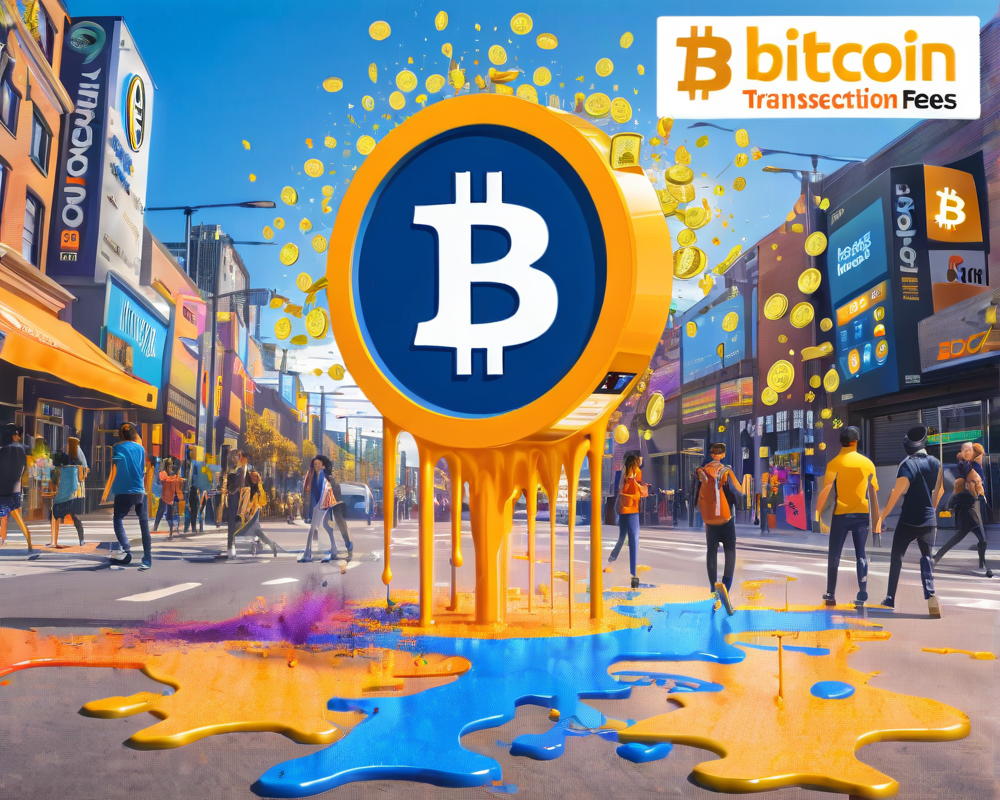Bitcoin Transaction Delays: The Good, the Bad, and the Ugly
Ah, Bitcoin! The digital currency that promises to revolutionize our transactions but sometimes feels more like a leisurely stroll through the park than a lightning-fast transaction. Users have been complaining about transaction speeds, with some taking longer than waiting for a bus that never shows up. Delays are a sore point, especially in the ongoing debate over how to tackle the infamous block size dilemma.
The Fee Conundrum: Where’s the Love?
There’s nothing quite like the feeling of waiting for a confirmation on your Bitcoin transaction, only to see that the one you prioritized—waiving any fees—just sits there. As Michael Vogel, the CEO of Netcoins, humorously puts it, “You can try sending a Bitcoin transaction without a fee. Chances are you’ll find it hanging for days.” So while you dream of fee-less transactions, the cold hard truth is that some transactions just get preference over others. And that is not what Satoshi envisioned.
Incentives: Why Fees Matter
Let’s break it down like a sitcom plot: users want instant results, miners need incentives. Transaction fees act as delicious carrots dangled in front of miners, encouraging them to validate transactions. It’s a matchmaking affair where a bit of cash gets you a bit of attention. According to Vogel, if fees are set too high, micro-transactions get the boot, motivating tech-savvy folks to jump ship to other options. Conversely, if fees are so low that miners hardly notice them, we risk emptying the Bitcoin community faster than an empty pizza box on game night.
Decentralization: More Than Just a Buzzword
Jonathan Chester, President of Bitwage, raises a valid point: every sustainable system requires a form of compensation. Whether it’s a pat on the back for developers or some financial reward for mining, incentives keep the wheels turning. He argues that if transaction fees vanish, the number of miners will dwindle too, leading to a centralized power structure. In other words, without an adequate fee structure, Bitcoin risks transforming into a lazy version of its once-rebellious self.
Finding the Balance: The Road Ahead
It seems the wild ride of the Bitcoin marketplace is all about balance. High fees could spell disaster for micro-transactions, leaving projects like Brave and 21 in the lurch. On the flip side, inconsistent fees might lead to delays in customer payments, creating a domino effect that impacts everything from exchanges to remittance services. Chester hit the nail on the head, saying that decentralization is Bitcoin’s golden ticket to countering government monetary gymnastics. Let’s just hope they manage to find that sweet spot before it all turns into a circus!




